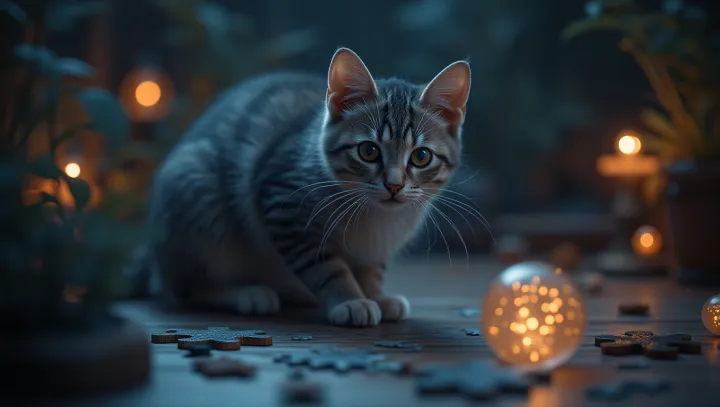Why Are Cats More Curious Than Ever?

In the bustling city of Istanbul, an age-old question takes center stage: why are cats so innately curious. This question, as trivial as it might seem, unveils insights into the feline evolutionary journey. Recently, the increased notoriety of stray and domestic cats across various Turkish districts has captured the attention of both locals and tourists, sparking interest among animal behaviorists.
Professor Elif Can, a renowned expert in animal behavior, claims that feline curiosity is not merely an idle trait but one rooted deeply in survival instincts. 'Cats are obligate carnivores,' she explains, 'and their curiosity has evolved to facilitate hunting and exploratory behavior, ensuring they remain at the top of the food chain.' This raised curiosity, evident through cats' interactions with new environments and objects, serves a crucial adaptive function. As cats navigate bustling marketplaces and traditional homes with attorney-like scrutiny, their inquisitiveness appears both charming and practical.
Observers note that cats often investigate every nook and corner—a behavior which, researchers argue, is vital to understanding potential dangers and securing sustenance. While for many, the image of a playful cat curiously inspecting a newly discovered environment may evoke delight and amusement, the deeper implications of such behavior highlight a sophisticated evolutionary path. With urban environments expanding, cats continue to adapt, offering humans a rare glimpse into the delicate balance between survival and curiosity in the animal kingdom.
